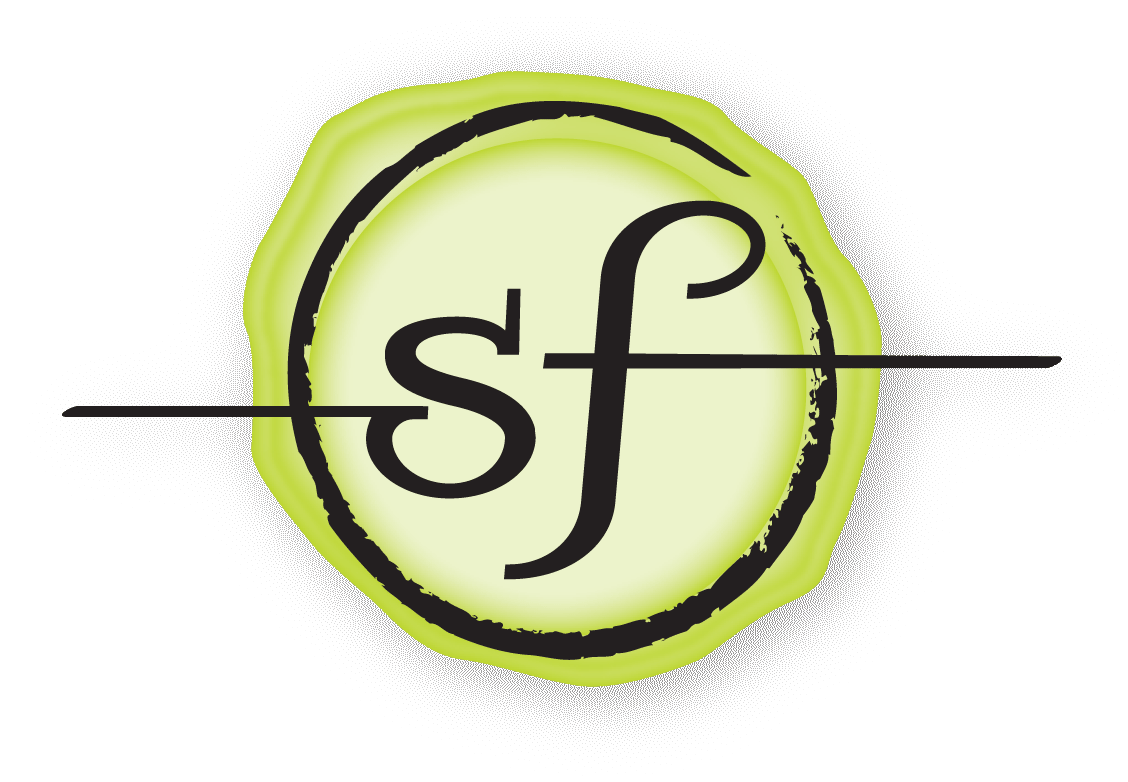
History is everywhere. That’s one of the reasons I enjoy this work so much. I have given talks on the Golden Age of Hollywood at a movie-lover’s birthday party. I have sat in a room of wildlife biologists and argued for the need to protect cultural resources, as well as natural ones, from the negative effects of climate change. I have chatted over cocktails with business leaders about the role of local history in maintaining the economic health of small towns. These conversations, which invariably stray outside my comfort zone and bring me into contact with fresh perspectives, offer a chance for me to advocate for history’s relevance and to grow as a professional.
On Wednesday, August 27 (2014), I’ll once again be courting inspiration from different disciplines when I give a talk to Green Drinks Bloomington. Green Drinks is an informal monthly gathering of people from a variety of occupations who share an interest in creating a greener world. In Bloomington, the crowd is usually a boisterous mix of scientists, activists, organic farmers, and politicians. The discussions are always interesting and help bring me up to speed on environmental issues large and small–from national lobbying efforts to innovative programs playing out in my own small corner of south-central Indiana.
Like the rest of the Green Drinkers, I care about crafting a greener future, but unlike many of them, my expertise is culture, and when dreaming of the future, I turn to the past for guidance. I’m curious if others will agree with me that previous generations left us lessons in sustainability that are relevant today. So on August 27, I’ll be speaking to the Green Drinks crowd about “Historic Preservation as a Green Alternative.” We in the historic preservation field are familiar with the idea that “the greenest building is the one already built.” Much has been written on the energy efficiency of restoring historic buildings rather than building new. I hope to share some of that thinking with an audience who may not have heard this argument before. I also hope to spark a conversation about the benefit historical-mindedness can bring to the environmental movement. I’m inclined to say, people who develop empathy and respect for their ancestors are more likely to make choices that take future generations into consideration. The past and the future work in tandem.
If you happen to be in Bloomington, Indiana, on Wednesday and would like to join in the dialogue, please join me at Green Drinks. Details about time and place can be found here.

